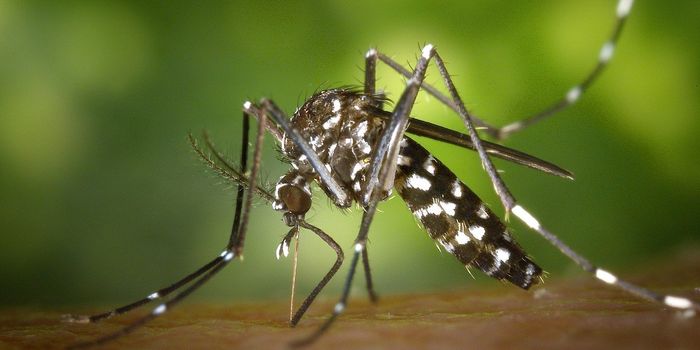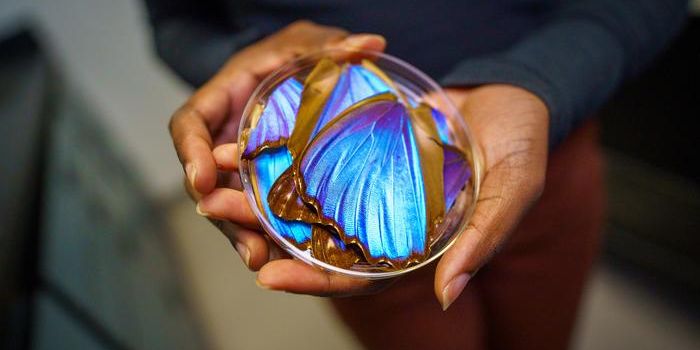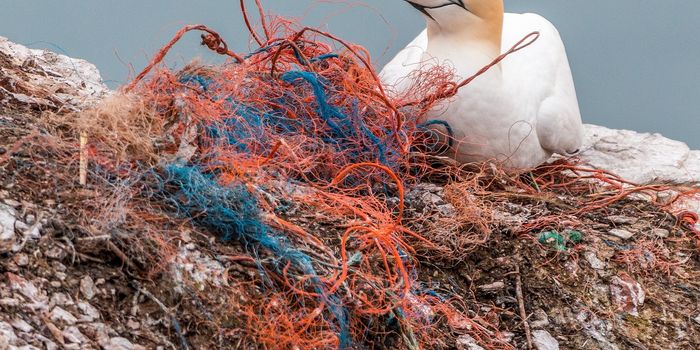African Killifish Crowned the World's 'Fastest-Maturing' Vertebrate
Researchers have long understood the African killifish (Nothobranchius furzeri) to reach maturity at break-neck speeds. But a new study published in the journal Current Biology this week underscores how the African killifish matures more quickly than initially believed.
As it would seem, there’s a significant gap in the maturity timeframe when lab-based African killifish are compared with their wild counterparts.
Image Credit: Milan Vrtílek, Jakub Žák, Martin Reichard
Lab testing initially showed that African killifish could reach maturity within about three to four weeks, but new observations made in the wilderness from January to May of 2016 showed some specimens growing to their full adult size and exhibiting reproductive behavior within as little as two weeks.
Remarkably, these findings would mean that the African killifish is the fastest-growing vertebrate known to science.
"We guessed that some populations of this species could achieve very rapid growth and sexual maturation under particular conditions," explains Martin Reichard from the Institute of Vertebrate Biology at The Czech Academy of Sciences.
"But we have found that this rapid maturation is the norm rather than a rare exception."
Related: Rising oceanic CO2 levels inhibit olfaction in fish
The African killifish is no stranger to the lab; in fact, there’ve been numerous studies in the past intended to learn more about the species’ lifespan and development. But for whatever reason, each study results in different findings.
Case in point, this study showed a two-week maturity period, while others have shown three, four, and in some cases, 10-week maturity periods. The researchers suggest that the inconsistency may have something to do with the environment; additionally, perhaps the fish exhibit flexible lifespans to suit their particular ecosystem.
Related: Reef fish inherit elevated tolerance to climate change
It’s an interesting theory, but only through additional research will the researchers be able to validate it. After all, consistency in numbers is important in science, and the African killifish exhibits anything but, making it challenging draw definite conclusions.
Source: Science Daily









